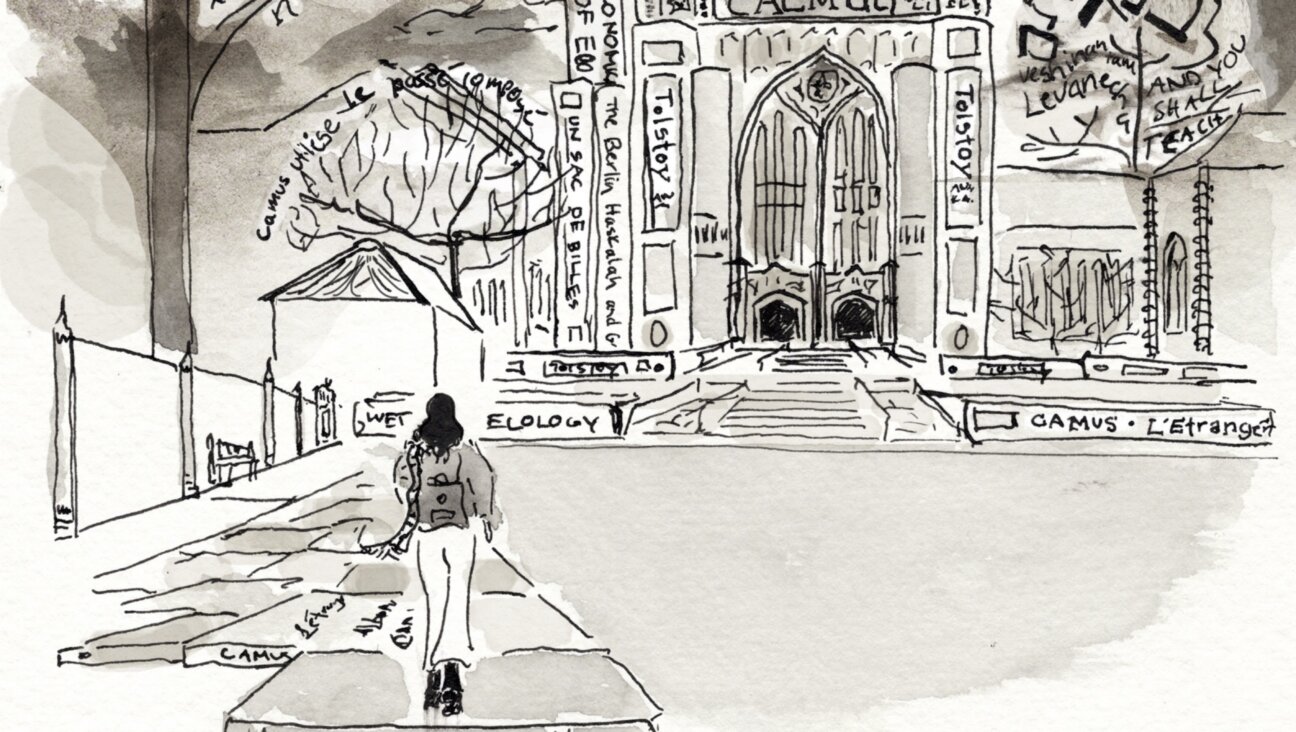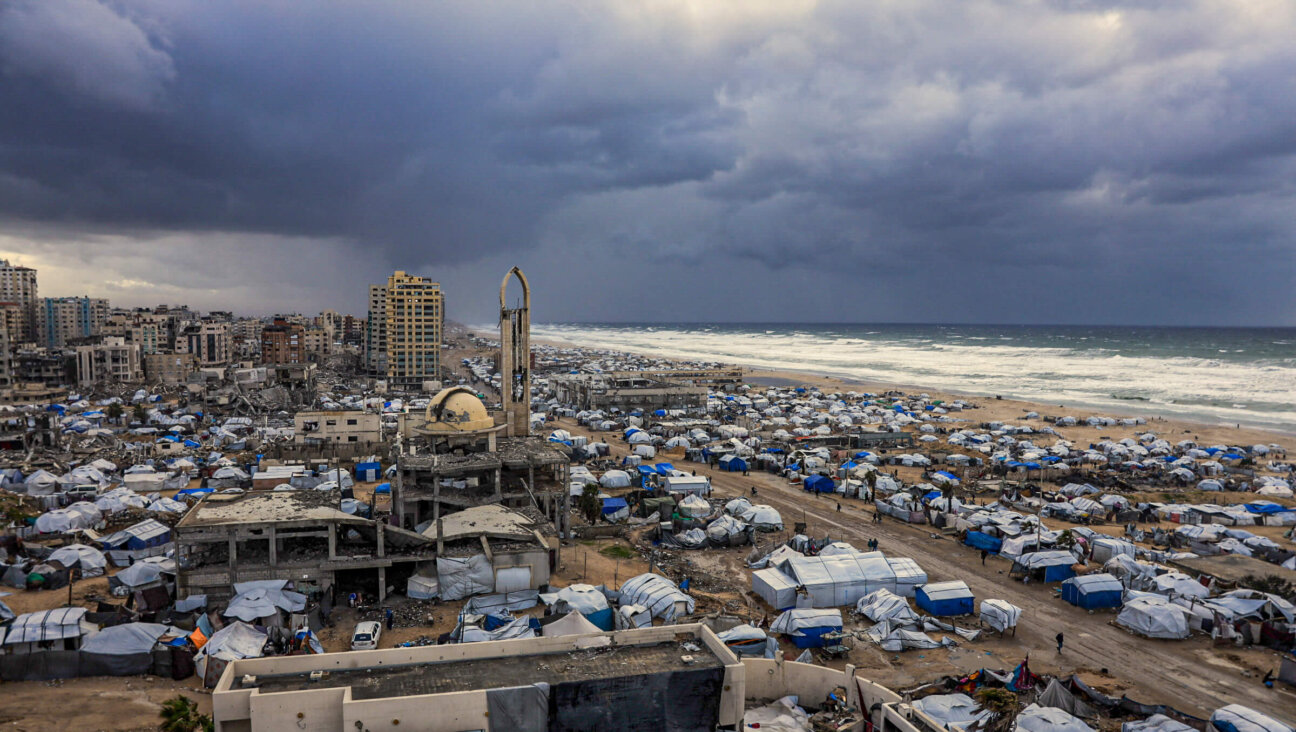The Special Relationship
Let us hope that more substance was discussed and debated behind closed doors than in front of the cameras.
In front of the cameras, President Barack Obama and Prime Minister Benjamin Netanyahu did what was expected and, indeed, necessary after their first meeting since both assumed office: The widely popular but untested president and the recycled, unpredictable prime minister pledged fealty to one another while sidestepping their profound differences. Anyone wishing for a clash of words, or even a murmur of dissent, had absorbed too many worried, hyped-up pre-meeting analyses. Of course they’d make nice. This is a special relationship!
Obama’s enunciation of a “clear timetable” for Iran to halt its nuclear program was an important acknowledgement of Israel’s greatest fear right now, one that enjoys an almost rare unanimity across the domestic political spectrum. Israelis understandably feel that Iran poses an existential threat to the very survival of the Jewish state. Most Americans, bogged down in two ill-conceived wars and sweating through a great recession, don’t share that laser-like focus or much of an appetite for military action against yet another Islamic regime. But Iranian bellicosity, aggressiveness, and nuclear ambitions threaten American interests, too. Obama’s welcome pledge to engage Iran and then evaluate those negotiations by year’s end, and his promise to consider “a range of steps” if Iran remains recalcitrant, should assuage Israeli concerns that he doesn’t get it. Clearly, he does.
What’s not so clear is whether Netanyahu has a concrete plan for jumpstarting talks with the Palestinians. His continued, stubborn refusal to utter the words “two-state solution” or to openly support Palestinian statehood may be a negotiating tactic or a political ploy directed at his right-wing coalition at home. But it’s getting more than tiresome. It’s getting dangerous.
No less a hawk than Ariel Sharon came to realize that Israel cannot survive as a Jewish state and a democracy without ceding enough land to create a self-governing Palestinian state. The obstacles to such a state are huge and obvious, but they are not growing smaller and more surmountable as time goes on. Just the opposite. With each passing month and year, as illegal settlements remain and “legal” ones swell, as Israel’s stated commitment to freeze such activity melts away, a viable compromise becomes more illusive.
Netanyahu’s advisors argue that Iran must be dealt with before progress can be made on the Palestinian front because Iran’s financial and political support of Hamas and Hezbollah enable further terrorism and make peace talks impossible. That’s a weak justification for continued stalling.
Instead, if Netanyahu is serious about promoting a regional approach to Iran — which he said again at the White House press conference — then gestures on the Palestinian front will make it more palatable for regimes like Jordan and Egypt to join in. And Obama’s hand will be strengthened before his all-important speech to the Muslim world in Egypt on June 4.
The current Israeli government continues to spout contradictory positions on the settlement question. On the eve of the Obama-Netanyahu visit, contractors arrived to lay the foundation for 20 housing units in the new West Bank settlement of Maskiot — pursing a project that, according to Ha’aretz, the U.S. has already condemned. A few days later, though, Defense Minister Ehud Barak told the Yesha settler council that his government will dismantle illegal outposts by force, if necessary, because Israel “is a state of law.”
Keeping a focus on Iran should not and cannot prevent the Netanyahu government from moving forward on genuine negotiations with the Palestinians. Let’s hope that message was relayed behind closed doors.
















